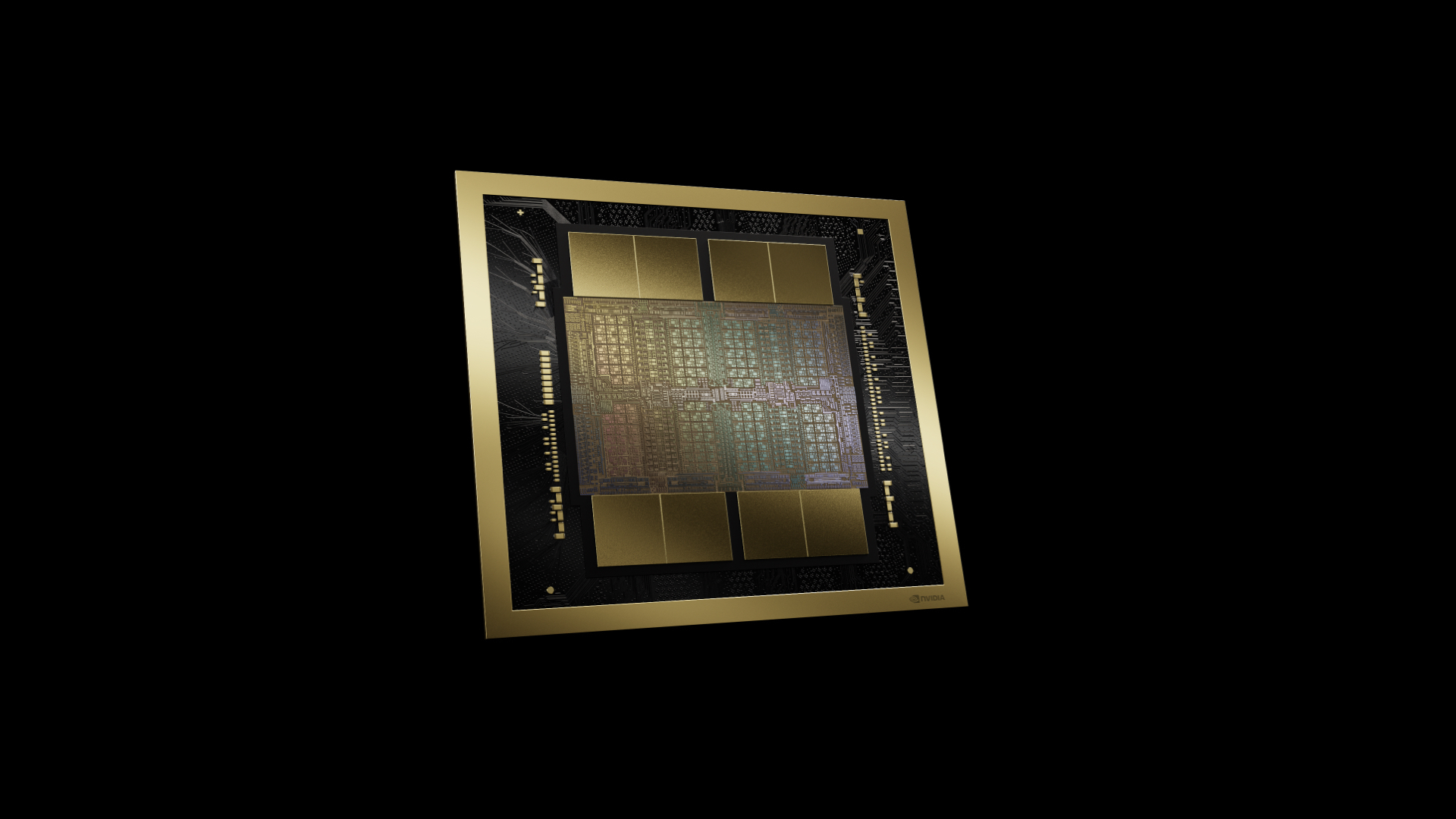
Nvidia will start sending out engineering samples of its upcoming Blackwell processors for AI applications this week, chief executive of Nvidia Jensen Huang said at Siggraph.
"This week we are sampling we are sending out engineering samples of Blackwell all over the world they are under people's chairs right now," said Huang.
Sending samples of Blackwell B100 and B200 processors is a big deal for Nvidia, which plans to ship these products commercially in the fourth quarter. It is unclear whether Nvidia is beginning to sample Blackwell processors with hardware or software developers.
In fact, given that Nvidia's partners among hardware makers, such as Foxconn, Quanta, Wistron, Pegatron, and Asus have demonstrated their Blackwell-based servers at Computex, they may have been playing with Blackwell processors for a while now. Yet, so far not all software developers have had access to Nvidia's forthcoming processors for AI and HPC applications.
According to a Morgan Stanley report, Nvidia and its partners will charge about $2 million to $3 million per AI server cabinet equipped with Blackwell GPUs. To date, Nvidia has introduced two reference server cabinets: the NVL36, with 36 B200 GPUs, priced around $2 million, and the NVL72, with 72 B200 GPUs, starting at $3 million.
These cabinets, also known as PODs, will be available from Nvidia, traditional partners like Foxconn, Quanta, Wistron, and newcomers like Asus. Morgan Stanley expects Nvidia to ship 60,000 to 70,000 B200 server cabinets next year, generating at least $210 billion in revenue. It is widely expected that that major companies, such as AWS, Dell, Google, Meta, and Microsoft will adopt Nvidia's Blackwell GPUs.
While the AI crowd is eagerly expecting Blackwell CPUs for artificial intelligence applications, gamers are awaiting next-generation GeForce RTX 50-series graphics cards based on the Blackwell architecture. One question there is whether Nvidia manages to significantly increase performance compared to Ada Lovelace processors despite the fact that TSMC's 4nm-class process technology used for Blackwell has limited advantages over the company's 5nm-class fabrication node.







